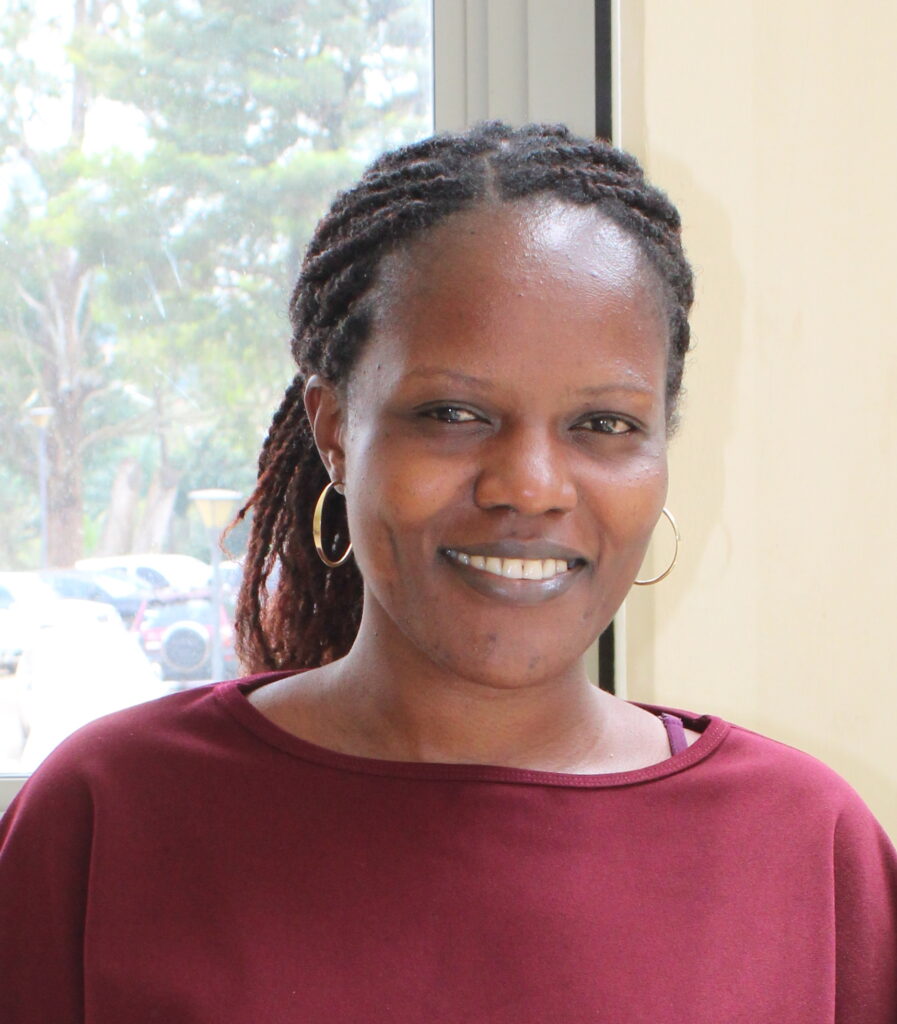Reflections from an Implementing Partner (IP) in refugee settlements.

- November 11, 2020
The COVID 19 pandemic continues to ravage populations worldwide. While the impact of the pandemic varies in different countries, all nations are faced with unprecedented socio-economic challenges. These include among others, increasing number of people infected and dying; rising cost of health care straining the national health systems; increasing psychosocial complications in households and loss of opportunities for work and employment.
While the whole world is struggling to cope with these and other negative effects, the marginalized and vulnerable population including children, women and refugees are particularly affected: they continue to struggle with limited opportunities for addressing their needs. Having realized the vulnerability of these population groups, various institutions have invested resources in research. Outcomes of these studies aim to provide real-time information for redesigning interventions targeting the vulnerable populations.
The Refugee Lived Experiences Compliance and Thinking (REFLECT) Study is one of the studies designed to contribute to understanding the vulnerability of the refugee population in the era of COVID 19. Funded by Elrha/R2HC and implemented by a multi-disciplinary consortium including the Academia, Government, CSOs and UNHCR, REFLECT is comparative assessment of the urban and rural refugee settings in Uganda. The study focus is on gathering information on knowledge, adherence and the lived experiences of refugees in COVID -19.
The preliminary outcomes of this research project have provided interesting findings of urban and rural based refugee experiences in COVID-19. Highlights of some of the critical areas are presented below;
- A need to understand the sex and gender nuances of the COVID 19 epidemic drawing on the outcomes of the individual interviews and the group discussions; specifically considering the lived experiences of the different gender and age categories.
- The need to utilize the outcomes to inform programming around developing prevention messaging for children and adolescents since results indicate that the current prevention interventions have inadvertently excluded.
- The increasing loss of dignity and well being perpetuated by increasing cases of violence against women.
- Need to understand and address resource distribution in terms of how much is invested in behavior change interventions; psychosocial support and care and treatment /biomedical medical In the absence of adequate treatment, it might be more cost effective to invest more in community campaigns for behavior change communication (BCC).
- The research study is a good opportunity to bridge the gap between academia and humanitarian agencies as the results will inform the design of robust interventions. There is need for adapted approaches to community engagement considering the standard operating guidelines.
By bringing together multi -sector players and expertise (research/ academic institutions; humanitarian agencies / NGOs; UNHCR; OPM; refugee population and the Ministry of Health), the REFLECT research study has provided a good platform for harmonizing perceptions about vulnerability of the refugee population. This is a demonstration of inclusivity in seeking sustainable solutions for the marginalized refugee population. At ACORD we are very excited about being part of this Consortium as a direct research partner. Preliminary results have already shifted our thinking on programming – especially in targeting children and women. Moving forward we shall draw from this evidence and our own first-hand contextual access to improve programming processes and outcomes.
About the Author
Ellen is the Country Director of Agency for Cooperation in Research and Development (ACORD), Uganda.


